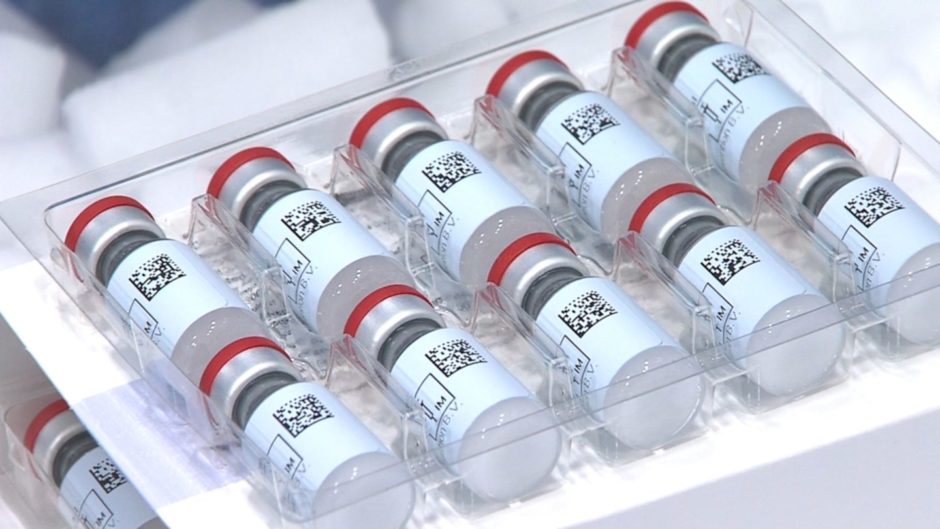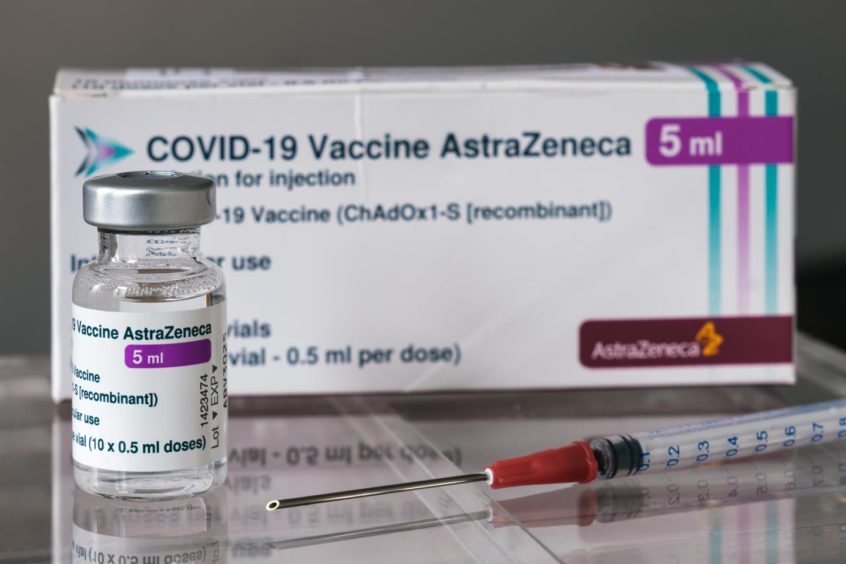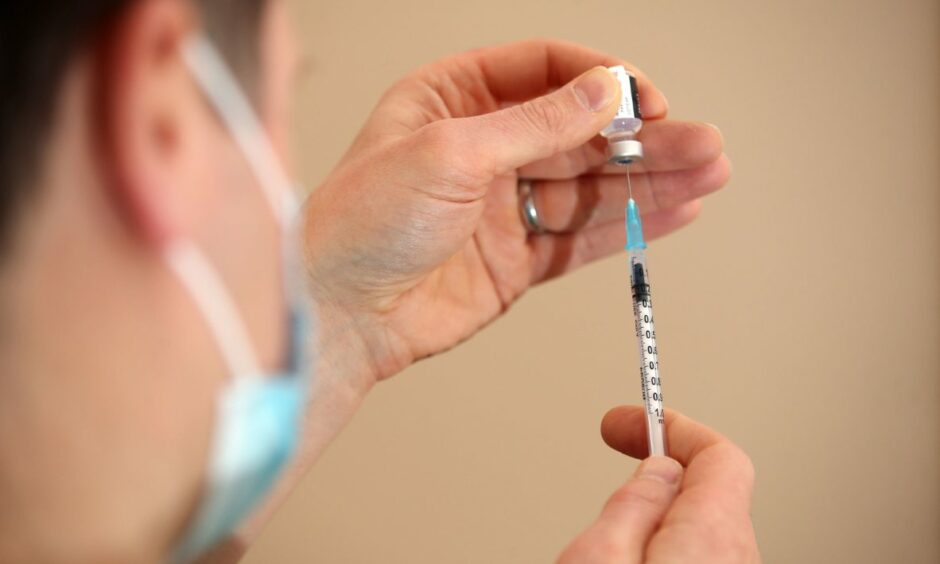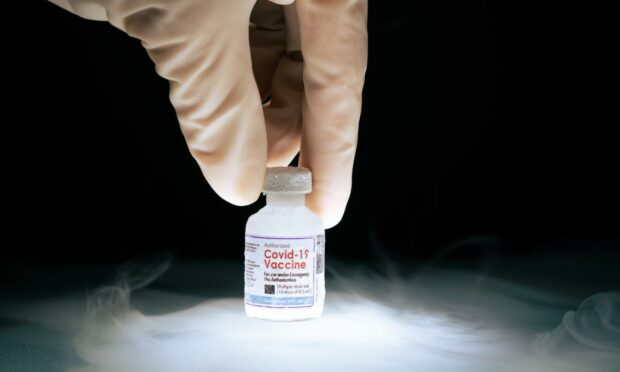You’ve had your first jab, but does your second dose have to be from the same Covid vaccine manufacturer if you live in Scotland?
A chief scientist for the World Health Organization said there is “limited data” on “mixing and matching” Covid-19 vaccines.
But countries around the world, such as Canada, Spain and Thailand, have already decided to mix and match.
Why? Because some concerns were raised about rare blood clots linked to the AstraZeneca vaccine, and also as a response to vaccine supply difficulties.

Can vaccines be mixed in Scotland?
In short, the answer is no – unless there’s exceptional circumstances.
Chief scientist for the WHO, Soumya Swaminathan, recently said at a press briefing that the decision to approve dose mixing must be up to public health authorities and not the individual receiving the vaccine.
Currently, in the UK and under NHS Scotland, health officials are following the advisement of the JCVI and MHRA – which recommends getting the same type of vaccine for the first and second doses.
Individuals should not decide for themselves, public health agencies can, based on available data. Data from mix and match studies of different vaccines are awaited – immunogenicity and safety both need to be evaluated https://t.co/3pdYj4LUdz
— Soumya Swaminathan (@doctorsoumya) July 12, 2021
In the north-east, NHS Grampian’s online advice states: “You should receive the same vaccine for your first and second dose based on current advice from the MHRA and the JCVI.
“The Chief Medical Officer and Chief Pharmaceutical Officer do not support using different vaccines for first and second doses before research examining this has reported its conclusions.”
The Scottish Government has echoed the same statement. However, Nicola Sturgeon previously said although vaccine doses would not be mixed in Scotland, there may be “exceptional circumstances such as we don’t know what vaccine was given in the first dose”.

Is there any research being done in the UK on mixing and matching vaccines?
In the UK, a major clinical trial is currently looking at whether different doses can be given.
The Com-Cov study is being led by the Oxford Vaccine Group’s chief investigator Professor Matthew Snape.
This study is investigating the mixing of AstraZeneca and Pfizer vaccines, and has recently expanded to include Moderna and Novovax.

So far, findings suggest using Pfizer followed by Oxford, or vice versa, induced high concentrations of antibodies against the spike protein of the virus when doses were given four weeks apart.
It also suggests people who have had two Oxford jabs could have more antibodies if they were given a different booster.
However, more antibodies do not necessarily mean more protection against the virus.
The findings could allow flexibility in the UK and global vaccine rollouts, allowing people to receive whatever jab is available, rather than waiting for a matching one.
More Covid-19 news…
- Poll: What do you think? Some children over 12 to be offered Covid vaccine
- Covid-19: We break down the virus variants from Alpha to Lambda
- ‘Are Covid tests reliable?’: Your PCR, lateral flow and self-testing questions answered
- Covid-19: ‘I was scared, many of our colleagues will describe having sleepless nights’
- Covid restriction easing in Scotland: All of the changes you need to know about in Level 0
